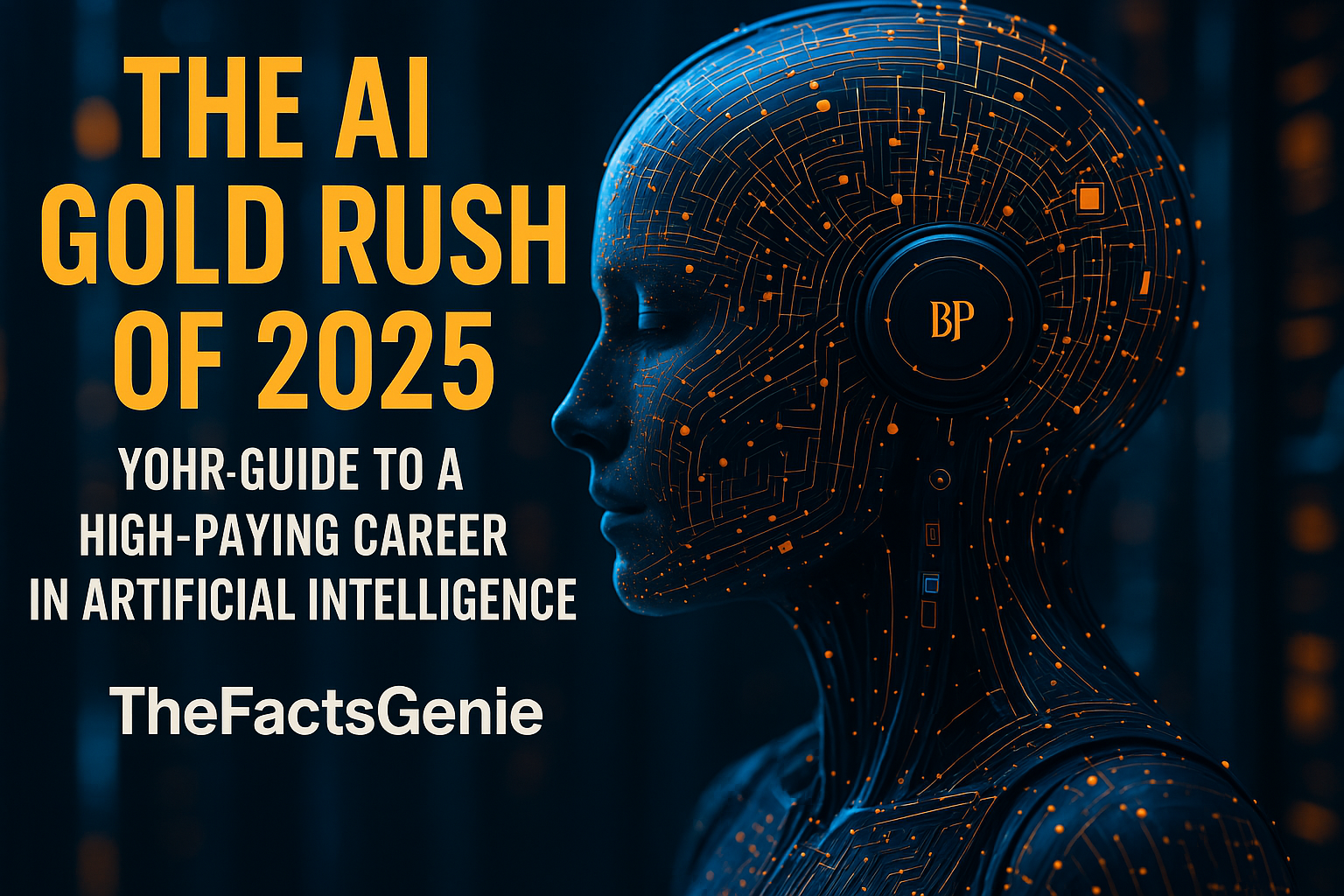
The AI Gold Rush of 2025: Your Guide to a High-Paying Career in Artificial Intelligence
Description:
The year is 2025, and the AI revolution is in full swing. From self-driving cars to personalized medicine, artificial intelligence is reshaping our world and creating unprecedented career opportunities. If you’ve ever dreamt of being at the forefront of innovation, solving complex problems, and commanding a six-figure salary, then a career in AI might be your calling. This comprehensive guide will walk you through everything you need to know to become a sought-after AI professional in 2025, with a special focus on the booming fintech sector.

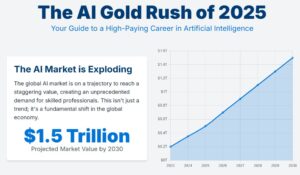
The Dawn of the AI Era: Why Now is the Time to Act
We are living in an extraordinary time. The advancements in artificial intelligence that were once the stuff of science fiction are now a reality. AI is no longer a niche field reserved for academics and researchers; it’s the driving force behind the world’s most innovative companies and the key to solving some of humanity’s greatest challenges.
The demand for skilled AI professionals is skyrocketing, and it’s showing no signs of slowing down. According to a report by LPU, the global AI market is projected to reach a staggering $1.5 trillion by 2030. This explosive growth is creating a massive demand for individuals who can build, manage, and deploy AI systems.
For you, this translates into a golden opportunity. A career in AI is not just about a handsome paycheck; it’s about being a part of something bigger, shaping the future, and making a real impact on the world.
Deconstructing the AI Career Ladder: From Novice to Expert
The path to becoming an AI professional is not a one-size-fits-all journey. It’s a ladder with several rungs, each requiring a different level of expertise and experience. Here’s a breakdown of the typical AI career progression in a corporate setting:
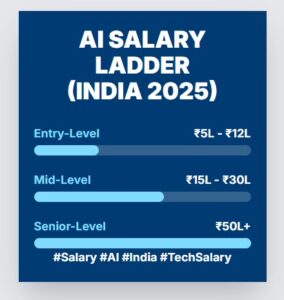

Level 1: The Entry-Level Explorer (0-2 Years of Experience)
This is where your AI adventure begins. As an entry-level professional, you’ll be working under the guidance of senior team members, learning the ropes, and applying your foundational knowledge to real-world projects.
- Common Job Titles: Junior AI Engineer, Data Analyst, Machine Learning Intern
- Qualifications: A bachelor’s degree in Computer Science, Data Science, Statistics, or a related field is a must. A strong foundation in programming (Python is the lingua franca of AI), mathematics (linear algebra, calculus, and probability), and data structures and algorithms is essential.
- Experience: While prior experience is not always required, internships, personal projects, and contributions to open-source projects can give you a significant edge.
- Salary Package (India): According to upGrad, you can expect an annual salary ranging from ₹5,00,000 to ₹12,00,000.
- Certifications:
Level 2: The Mid-Level Maverick (3-6 Years of Experience)
At this stage, you’ve gained a solid foothold in the AI landscape. You’re no longer just executing tasks; you’re actively contributing to the design and development of AI solutions.
- Common Job Titles: AI Developer, Machine Learning Engineer, Data Scientist
- Qualifications: A master’s degree in a relevant field can be a significant advantage, but it’s not always a strict requirement. Your portfolio of successful projects and your ability to demonstrate your expertise will speak volumes.
- Experience: You should have a proven track record of building and deploying machine learning models, working with large datasets, and using cloud platforms like AWS, Azure, or Google Cloud.
- Salary Package (India): Your annual salary can range from ₹15,00,000 to ₹30,00,000, and with the right skills and experience, it can go even higher.
- Certifications:
Level 3: The Senior-Level Strategist (7+ Years of Experience)
As a senior AI professional, you’re a leader, a mentor, and a visionary. You’re not just building AI systems; you’re shaping the AI strategy of your organization.
- Common Job Titles: AI Architect, Head of AI, Principal Data Scientist
- Qualifications: A Ph.D. in a specialized area of AI, such as natural language processing or computer vision, can be highly beneficial. However, your extensive experience and your ability to lead and inspire a team are what truly matter at this level.
- Experience: You should have a deep understanding of the entire AI lifecycle, from data acquisition to model deployment and maintenance. You should also have experience in leading and managing teams of AI professionals.
- Salary Package (India): The sky’s the limit. Senior AI professionals in India can command salaries of ₹50,00,000 and above.
- Certifications: While certifications are less critical at this stage, they can still be valuable for staying up-to-date with the latest advancements.
The Fintech Frontier: Where AI and Finance Converge
The financial industry is undergoing a massive transformation, and AI is at the heart of it. From algorithmic trading to personalized financial advice, AI is revolutionizing how we manage our money. This has created a huge demand for fintech specialists with AI skills.
Why Fintech Needs You
The fintech industry is grappling with a unique set of challenges and opportunities that make it a fertile ground for AI innovation. Here’s a glimpse of what you’ll be working on as a fintech specialist:
- Fraud Detection: AI algorithms can analyze vast amounts of transactional data in real-time to identify and prevent fraudulent activities.
- Algorithmic Trading: You’ll be building sophisticated AI models that can analyze market trends, predict stock prices, and execute trades automatically.
- Credit Scoring: AI can assess a person’s creditworthiness with greater accuracy by analyzing a wider range of data points than traditional methods.
- Personalized Banking: You’ll be creating AI-powered chatbots and virtual assistants that can provide personalized financial advice and customer service.
How to Become a Fintech Specialist: Your Roadmap to Success
- Build a Strong Foundation: Master the fundamentals of both finance and AI. A degree in a field like financial engineering or computational finance can be a great starting point.
- Learn the Tools of the Trade: Get hands-on experience with the tools and technologies that are used in the fintech industry, such as Python, R, SQL, and big data technologies like Hadoop and Spark.
- Gain Domain Expertise: Immerse yourself in the world of finance. Understand the intricacies of financial markets, regulations, and products.
- Build a Portfolio: Create your own fintech projects to showcase your skills. This could be anything from a stock market prediction model to a personal finance management app.
- Network, Network, Network: Connect with professionals in the fintech industry. Attend conferences, join online communities, and participate in hackathons.
The Good, the Bad, and the Future of AI
A career in AI is not without its challenges. The field is constantly evolving, and you’ll need to be a lifelong learner to stay ahead of the curve. There are also ethical considerations to be aware of, such as bias in AI algorithms and the potential for job displacement.
However, the rewards of a career in AI far outweigh the challenges. You’ll have the opportunity to work on cutting-edge technologies, solve complex problems, and make a real difference in the world. The future of AI is bright, and the possibilities are endless.
Your Journey Starts Now
The AI gold rush of 2025 is here, and you have the opportunity to be a part of it. Whether you’re a fresh graduate or an experienced professional, there’s a place for you in the world of AI. So, what are you waiting for? Start your journey today, and unlock a future that’s as exciting as it is rewarding.
⚠️ Disclaimer & Caution Notice
Disclaimer: The content provided by “TheFactsGenie” is for informational and educational purposes only. While we strive to ensure the accuracy and relevance of all data, including salary ranges, certifications, and job roles, the information is subject to change based on market dynamics and organizational policies in 2025 and beyond.







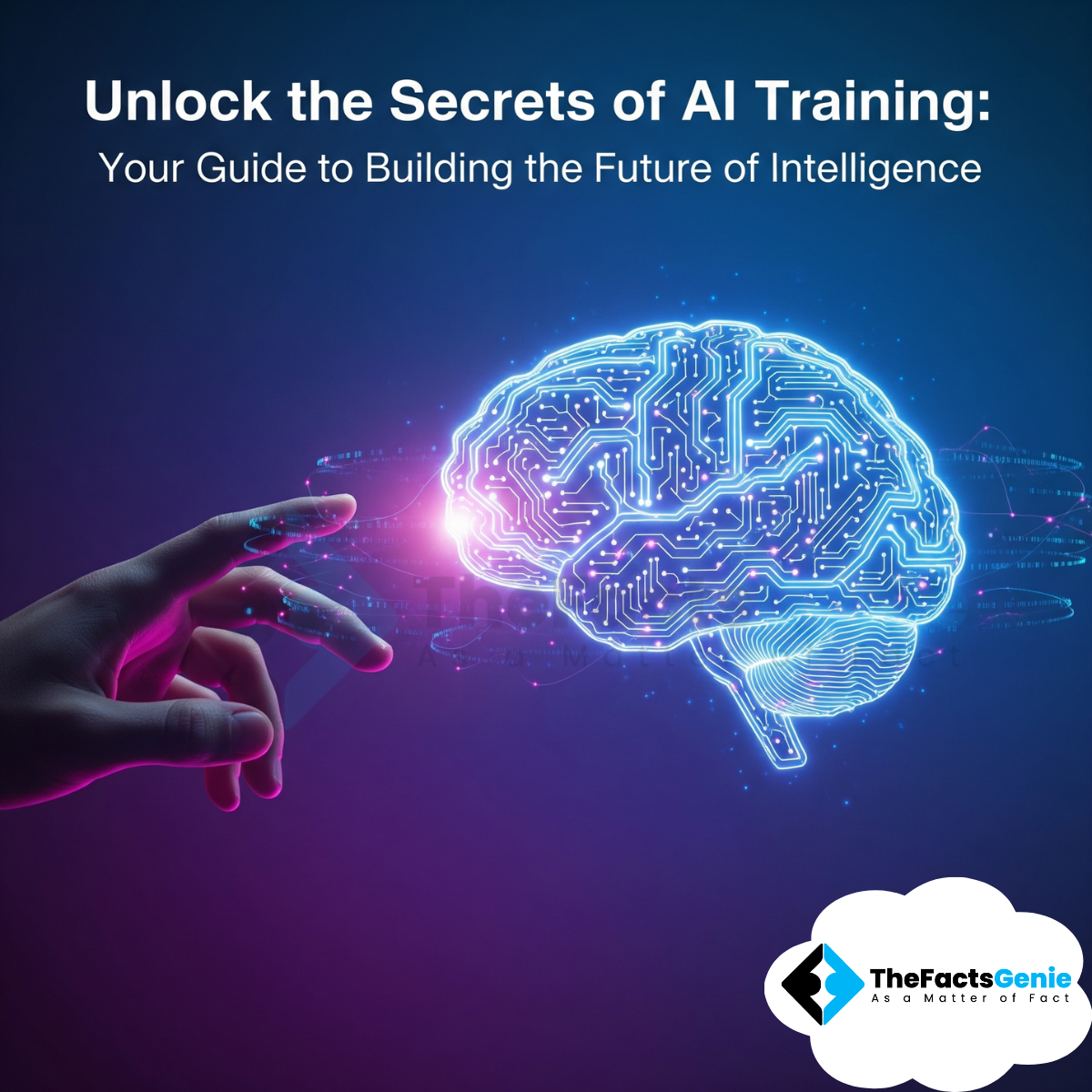
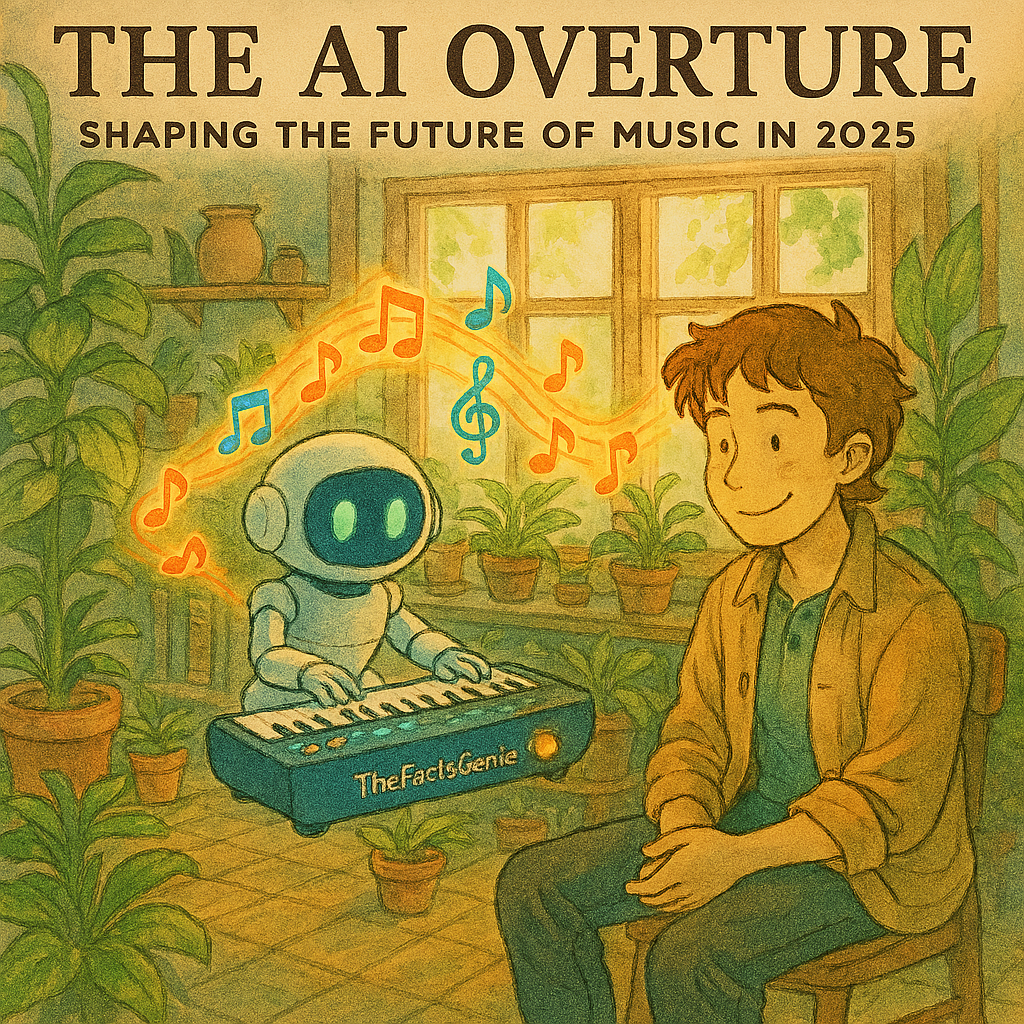

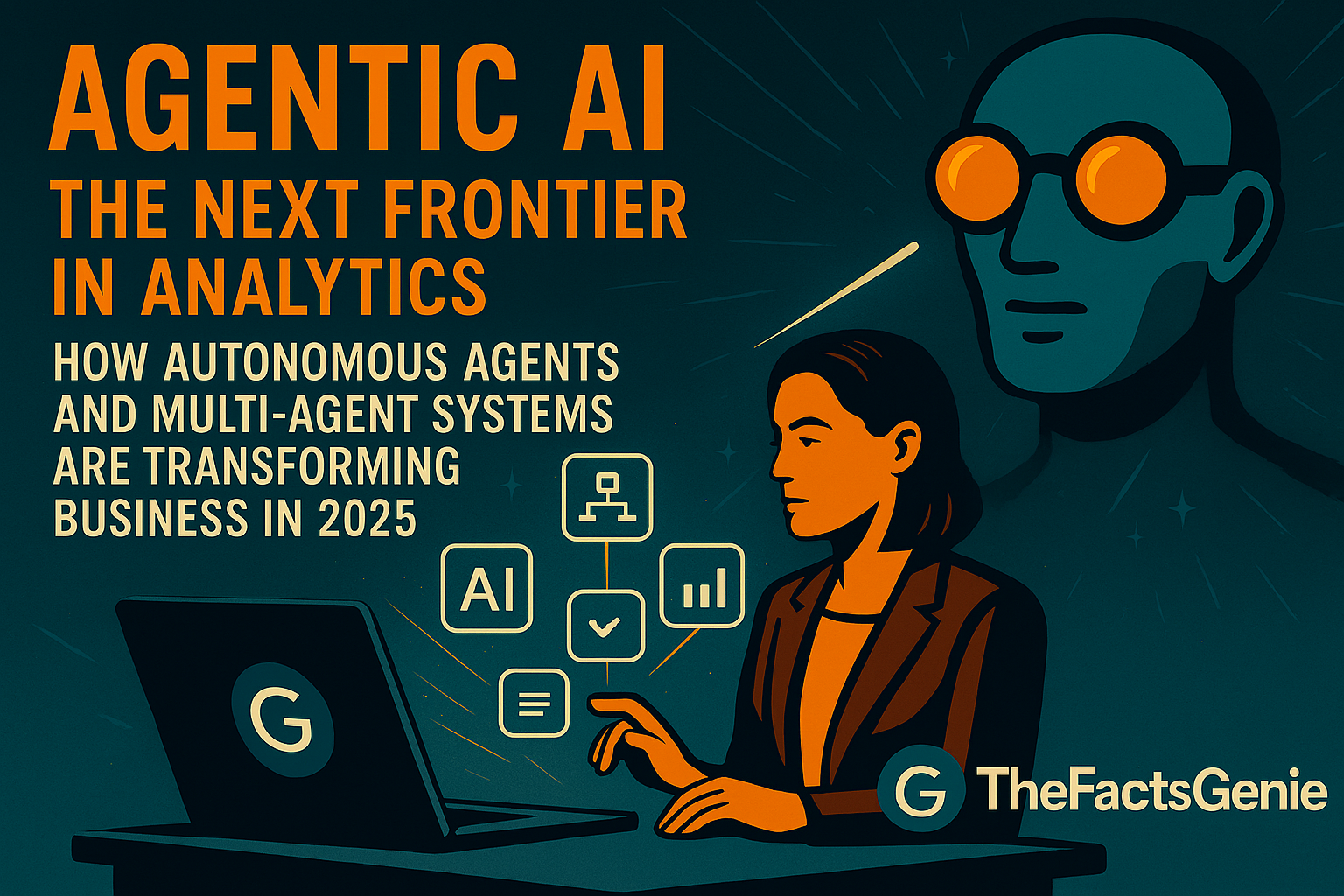










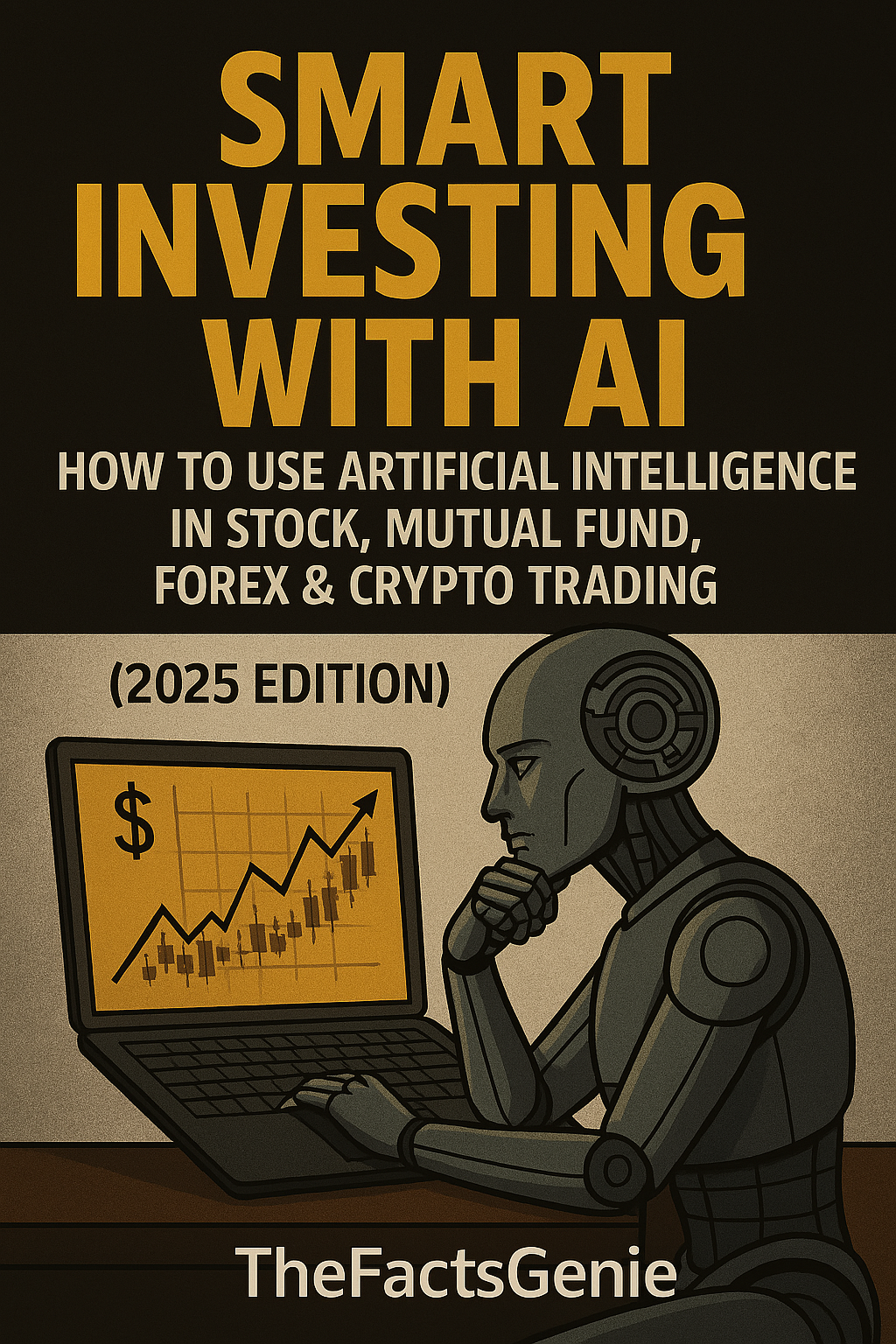
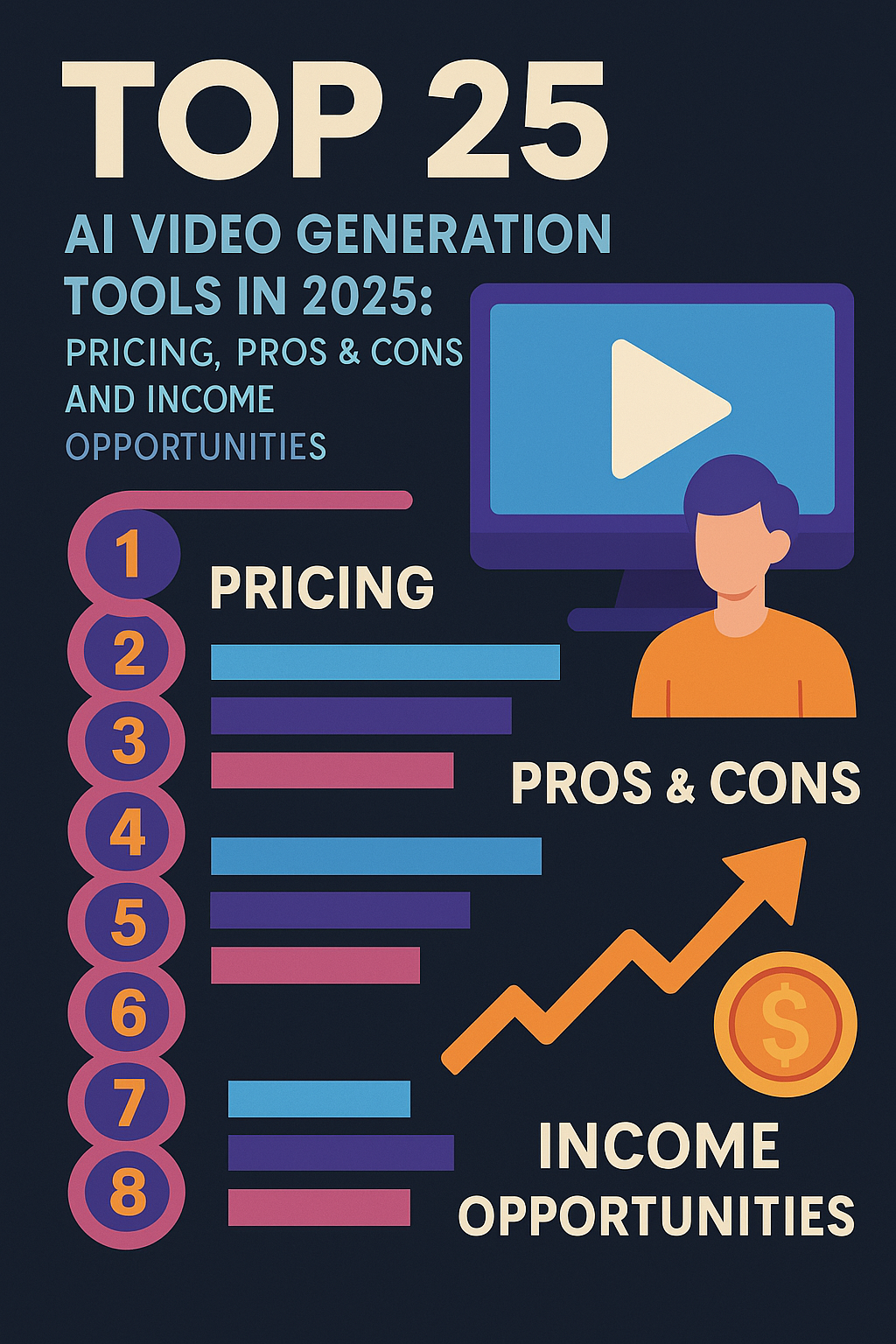
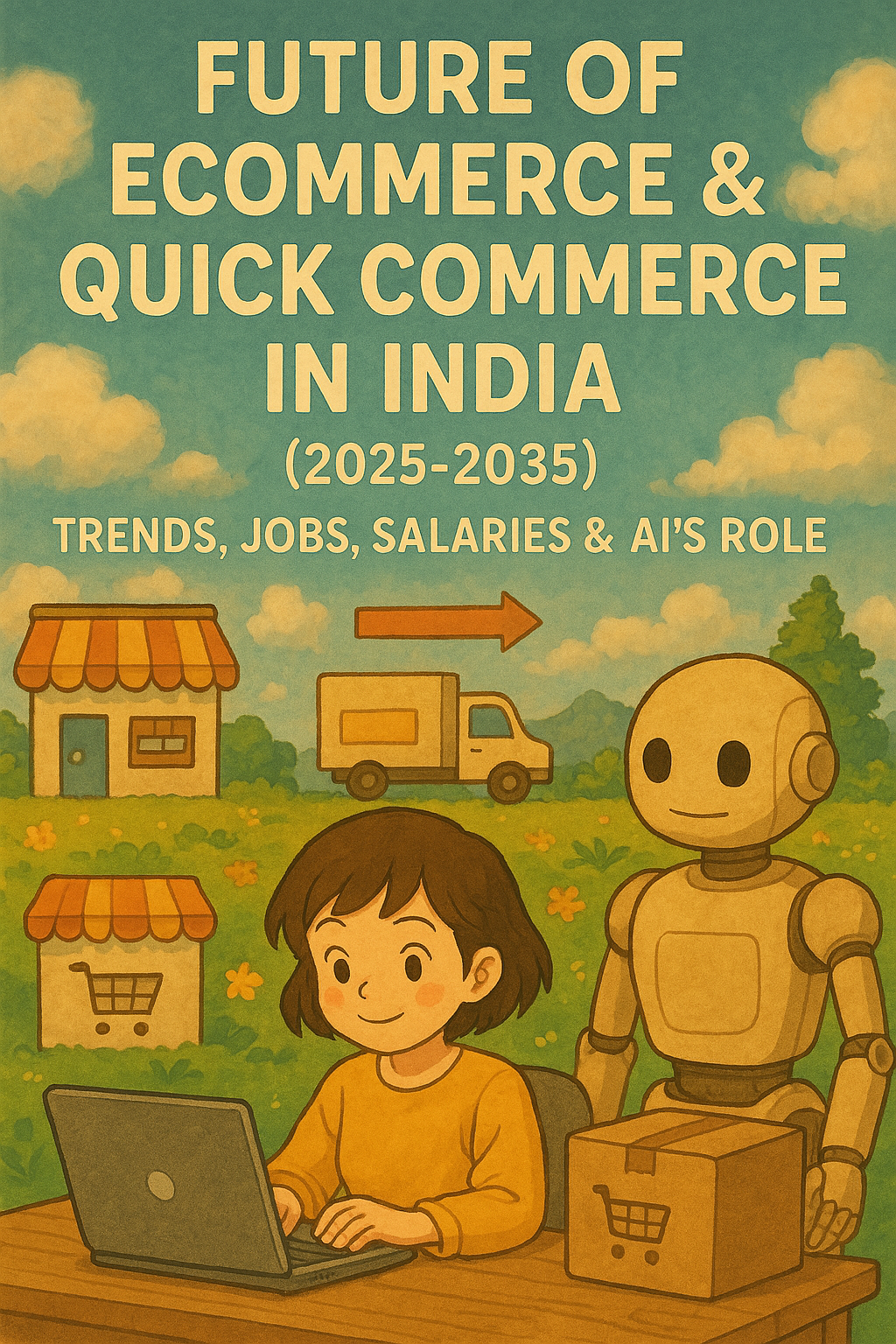
























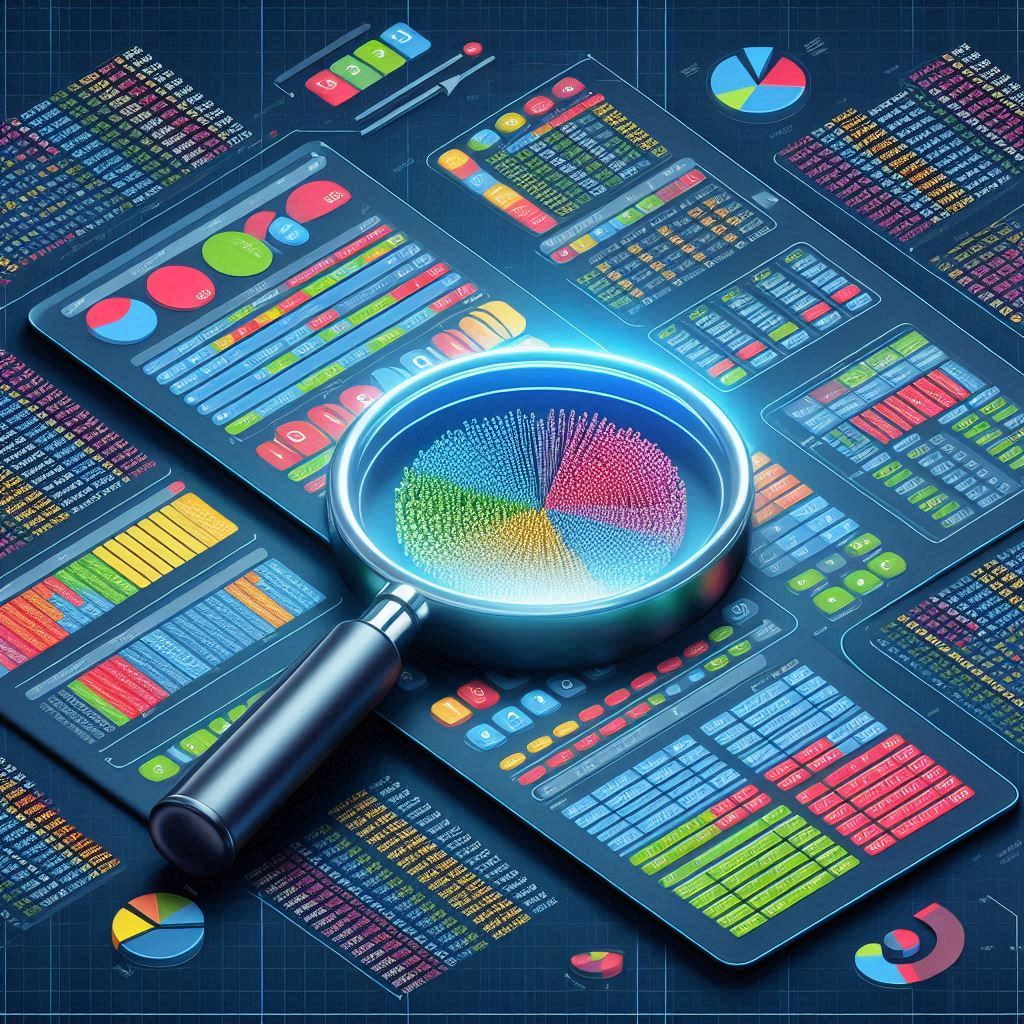
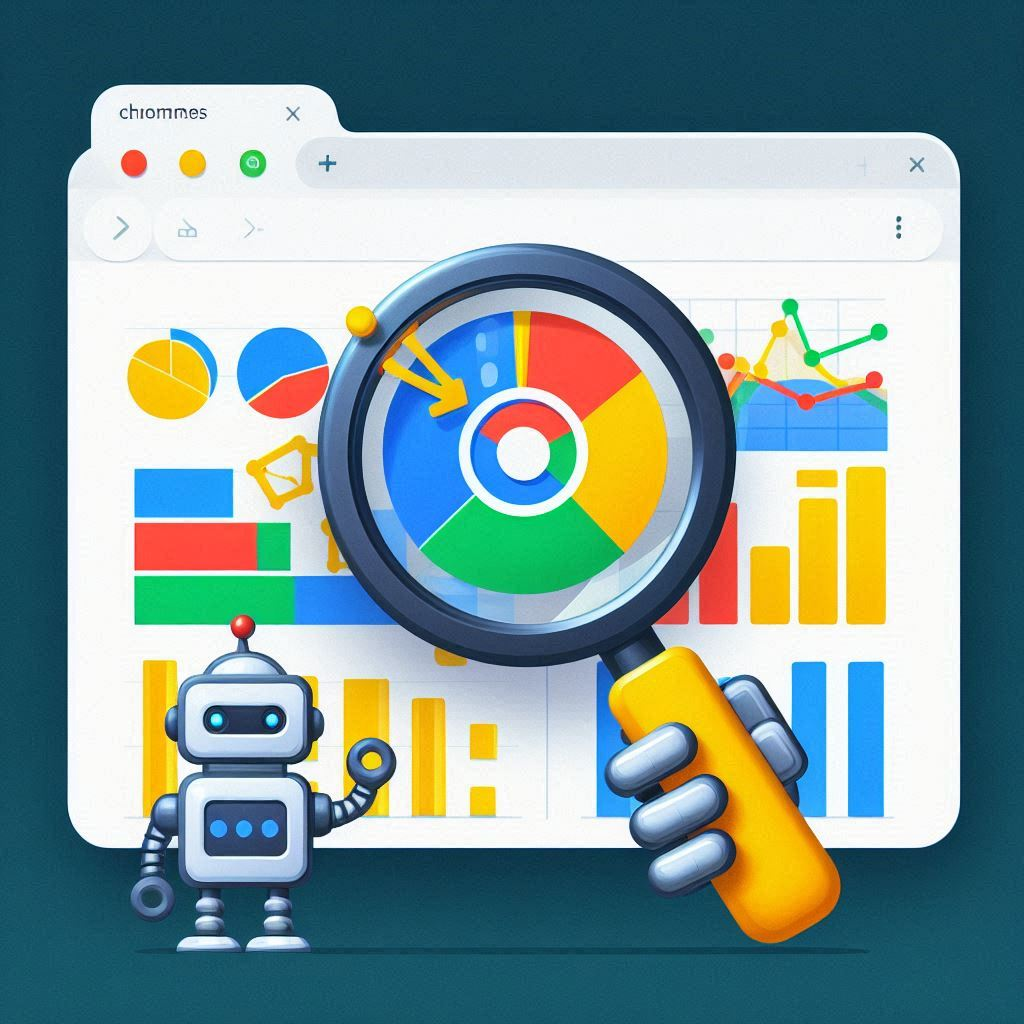








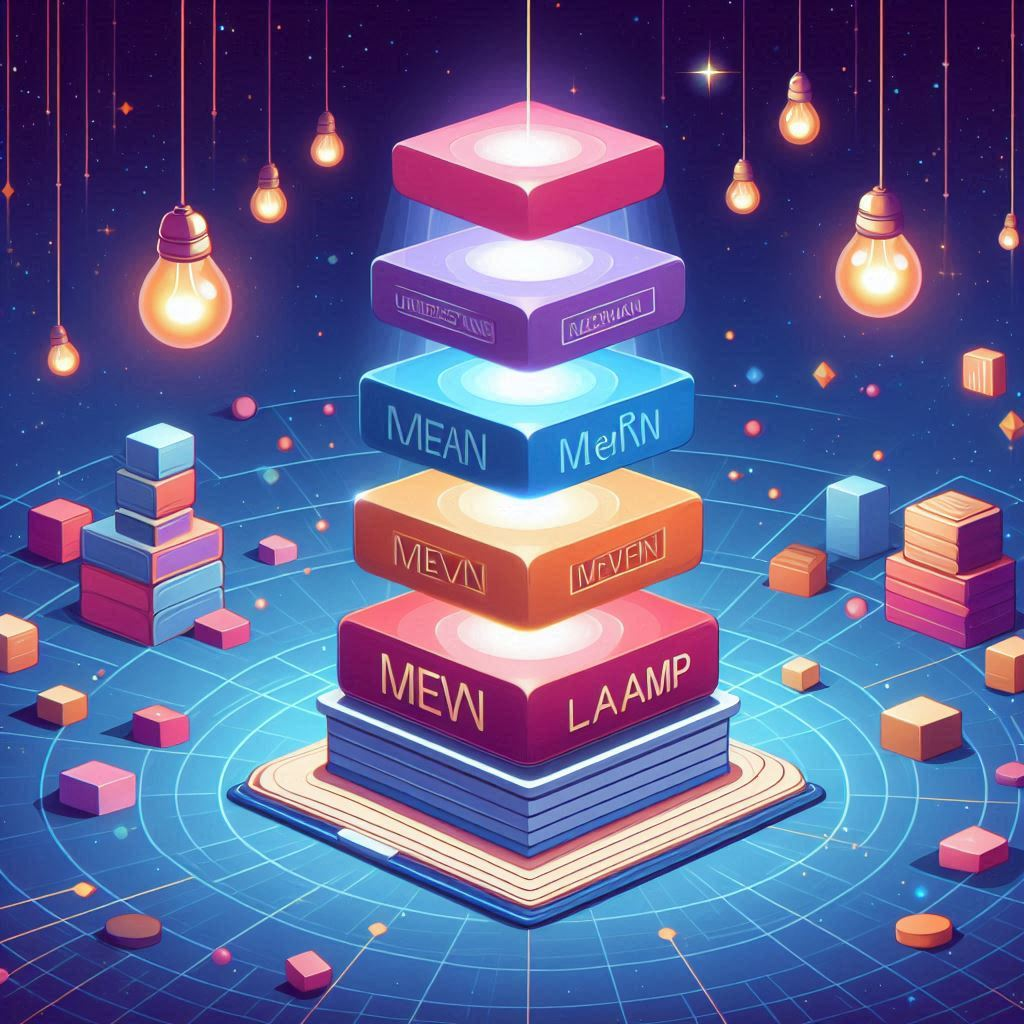












































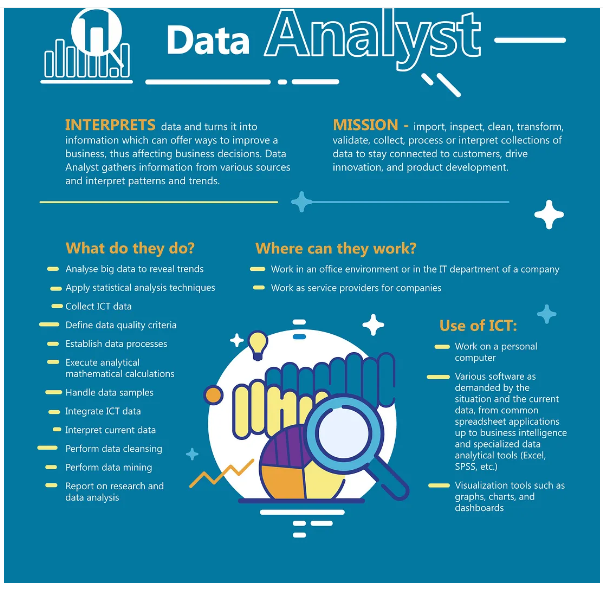


















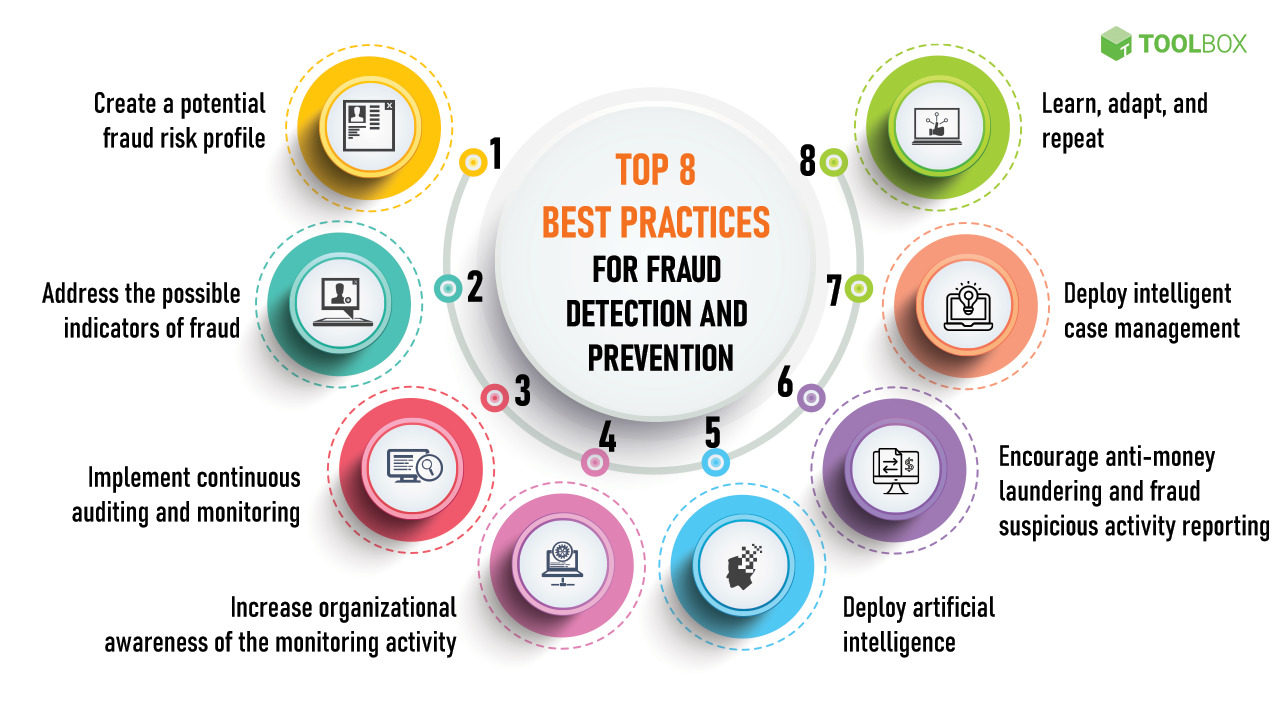


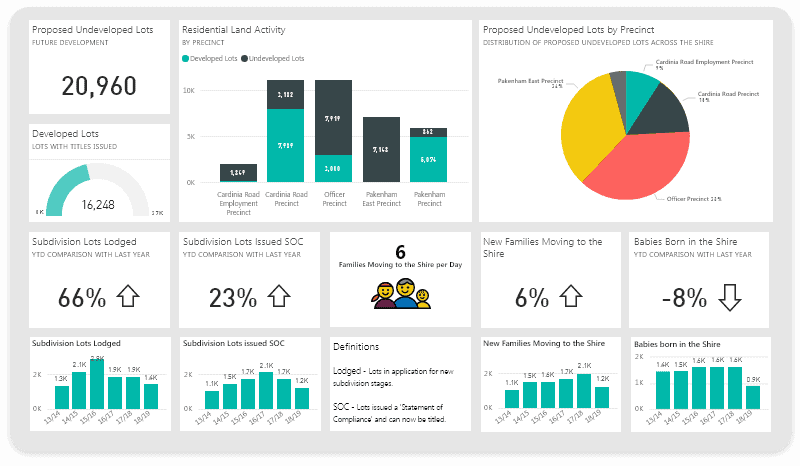




















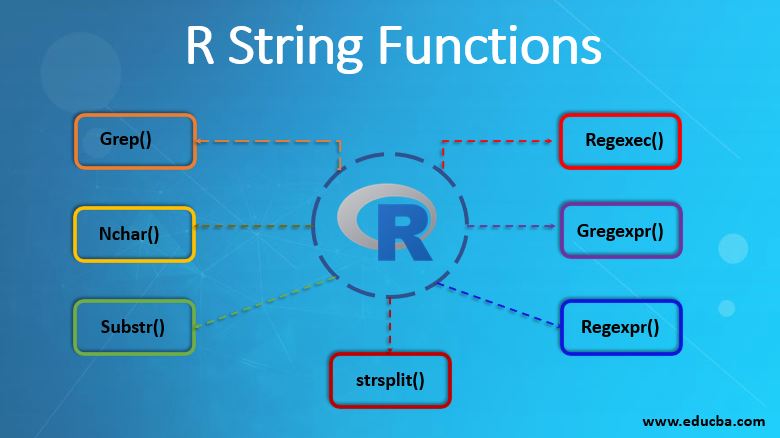



Wow superb blog layout How long have you been blogging for you make blogging look easy The overall look of your site is magnificent as well as the content
Your writing is not only informative but also incredibly inspiring. You have a knack for sparking curiosity and encouraging critical thinking. Thank you for being such a positive influence!
Somebody essentially lend a hand to make significantly articles Id state That is the very first time I frequented your website page and up to now I surprised with the research you made to make this actual submit amazing Wonderful task